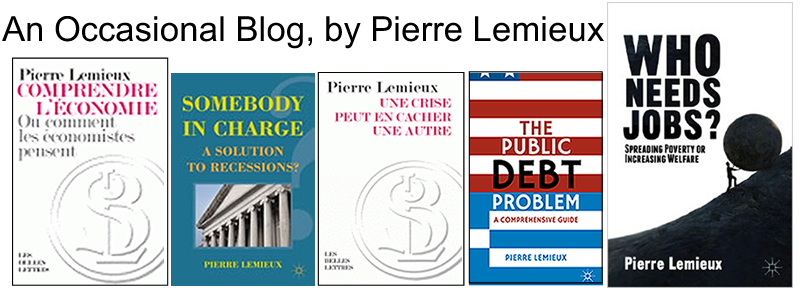If someone tells you that he doesn’t want to “waste his vote” and will thus vote strategically for the least bad candidate with a chance of winning, tell him the following. He should also make sure that his least bad candidate only wins by a small majority. If he thinks that C is the only good candidate but that only A and B have a decent chance of winning and that A is the least bad, he wants to make sure that A wins with only a small margin.
Now, if he can make his preferred (or least disliked) candidate win because of his own vote, surely he can also make him win by only 10 votes. This is what is called voting strategically.

